将来进行时将来完成时将来完成进行时方案课件
- 格式:ppt
- 大小:966.50 KB
- 文档页数:25
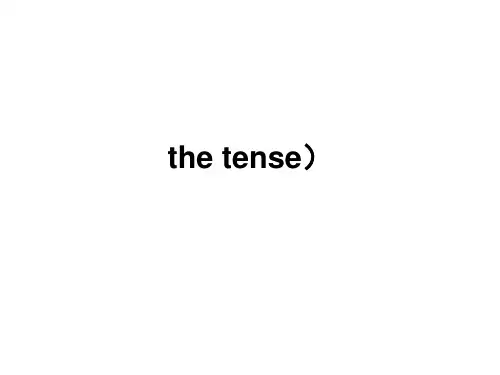


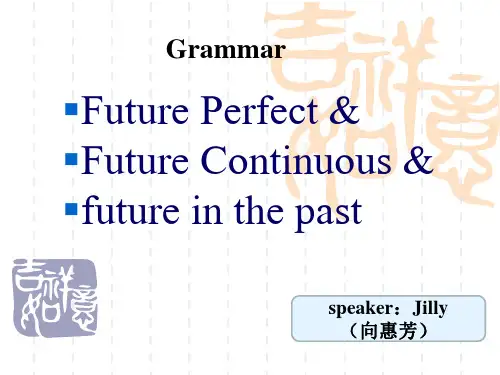

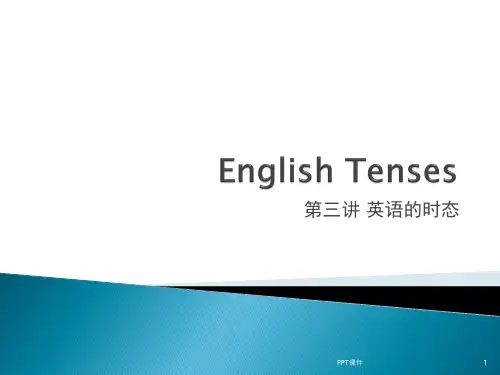

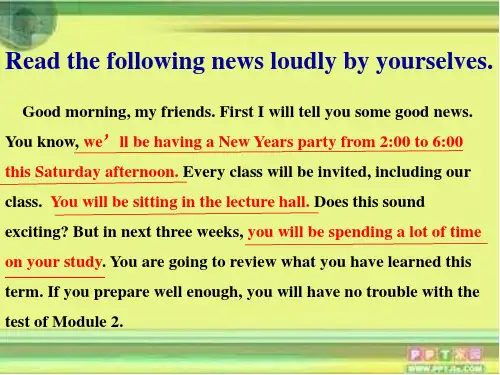

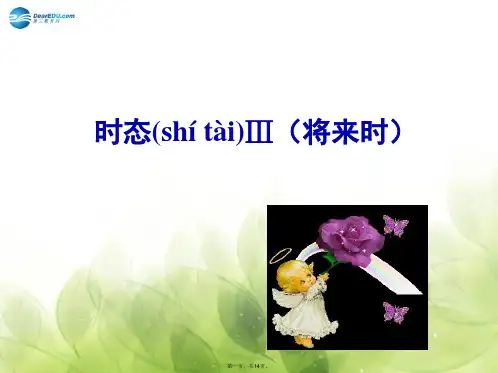

一般将来时、将来进行时、将来完成时一般将来时/将来进行时/将来完成时一般将来时1.shall用于第一人称,常被will 所代替。
一是表示预见,二是表示意图.will 在陈述句中用于各人称,在征求意见时常用于第二人称。
Which paragraph shall I read first?Will you be at home at seven this evening?2.be going to +v.,表示将来。
1)主语的意图,即将做某事。
What are you going to do tomorrow?2)计划、安排要发生的事。
The play is going to be produced next month.3)有迹象要发生的事。
Look at the dark clouds, there is going to be a storm.3.be +to+v.表将来,按计划或正式安排将发生的事。
We are to discuss the report next Saturday.4.be about to +v.,意为马上做某事。
He is about to leave for Beijing.5. 一般现在时表将来1)下列动词:come, go, arrive, leave, start, begin, return的一般现在时表将来。
这主要用来表示在时间上已确定或安排好的事情。
The train leaves at six tomorrow morning.When does the bus stars? It stars in ten minutes.2)在时间或条件句中。
When Bill comes (不是will come), ask him to wait for me.I ’ll write to you as soon as I arrive there.6. 用现在进行时表示将来主要意义是表示按计划、安排即将发生的动作,常用于位置转移的动词。